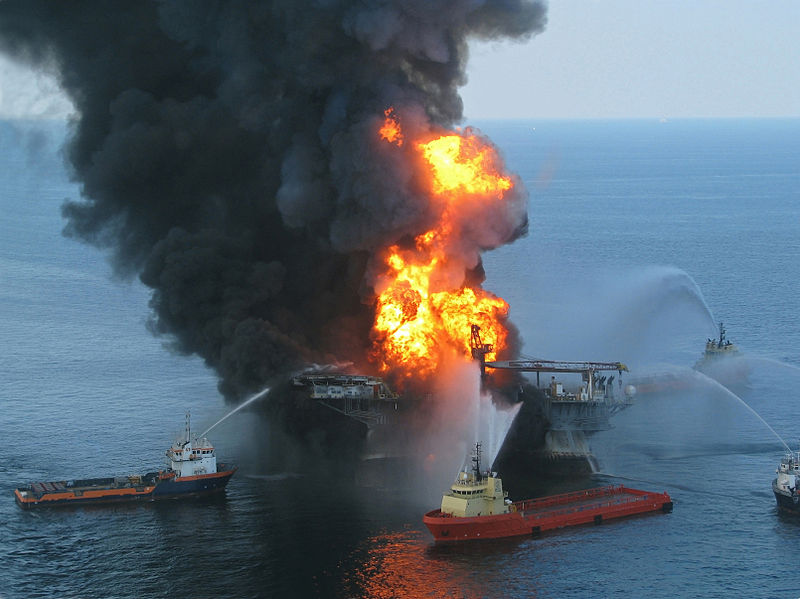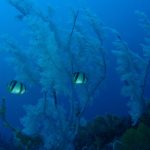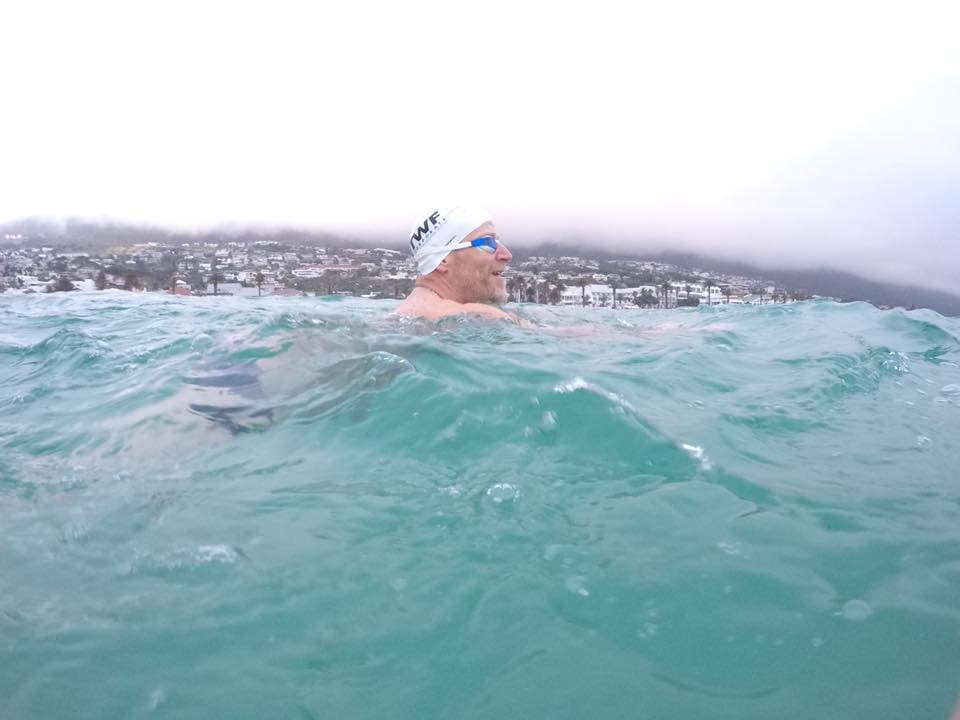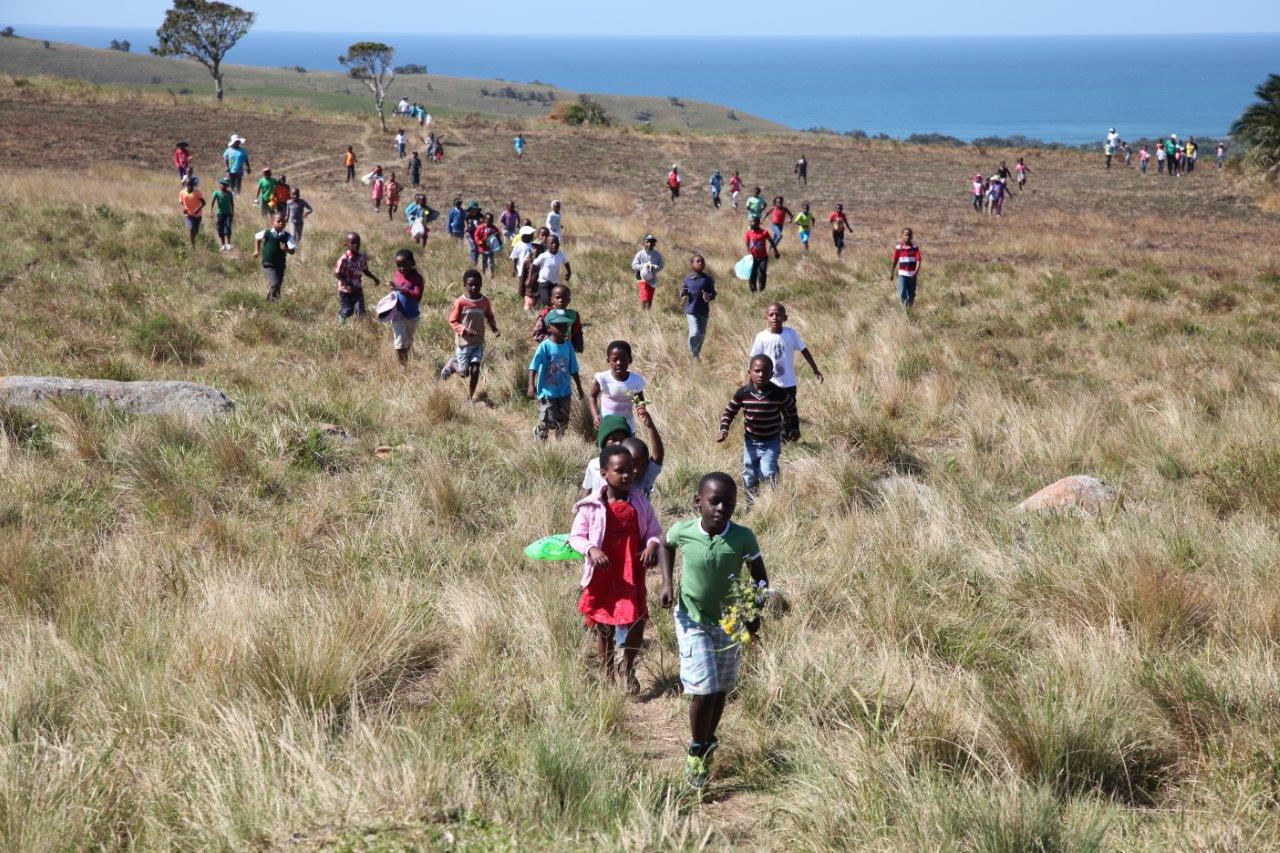Constructive dialogue is required to assess the pros and cons of gas and oil exploration off KwaZulu-Natal’s coastline, says Eni in a statement about its KwaZulu-Natal offshore gas and exploration plans.
Eni in Africa
Africa is Eni’s backbone. We have been operating in the continent for over 60 years, and are now present in 14 countries. More than half of our equity production comes from Africa, and a good part of it remains in Africa too, for the benefit of local economies. Eni has invested heavily in Africa – Egypt, Nigeria, Congo and Ghana in particular – to develop the local gas market and power generation.
In Sub-Saharan Africa, we invested almost € 9bn in exploration and development over the last 3 years. Wherever we operate, we adopt the highest industry standards, the best available technology and a “dual flag” approach to promote initiatives that benefit local communities alongside our commercial operations.
Exploration and production impact and benefits
Exploration is the first step of a long process that may last up to 15 years before eventually entering production. In South Africa we are now analyzing geological and geophysical data while going through the process of Environmental Impact Assessment, strictly regulated by the law, to prepare for possible future drilling, which will be temporally limited.
Detailed information about the project and process is available here
Transparency and public engagement are a legal requirement in South Africa, and they are part of our dna: Eni is 2nd out of 500 European firms for transparency in communication (ranking by digital specialist Comprend). We have met South African stakeholders over the EIA process; we are available to do so again, whenever stakeholders are willing to engage in constructive dialogue.
Safety
Eni’s operating model focuses on reducing risk as well as environmental and social impacts. This has granted us an excellent track record in safety. Over the last three years, Eni has been the top performer in its sector in the reduction of injury rates across all its activities. Our deep-water exploration activities in Ghana, Angola and Mozambique, just to mention Sub-Saharan Africa, recorded no incident or spill.
This is the result of a thorough preparation process: we identify all possible impacts, and define specific prevention, intervention and mitigation measures.
Economic impact
The nature of exploration activity requires a limited number of extremely skilled workforce, which may not be available in the local market. If commercial quantity of oil or gas is found in South Africa offshore, this economic sector will grow, creating new job opportunities for South Africans.
The economic impact of Oil&Gas activities cannot be measured in workforce only: we must take into account the indirect and induced impacts linked to contractors and goods/service providers. On a different level, there is the nationwide benefit of being able to source locally the fuel for the country’s power plants and refineries, and therefore not having to rely on imports.
Oil&Gas activities are also compatible with fishing and tourism. In Italy, we operate since the 60s in the Adriatic, Ionian and Sicilian Channel seas, offshore the regions of Romagna, Marche, Puglia, Calabria and Sicily – all areas with well-developed fishing industries and a thriving touristic sector.
Decarbonization
Eni has no doubt that the world needs to limit global warming and transition to a renewable energy mix. But the renewable technologies available can neither produce the amount of energy the world consumes, nor include the 1.2bn people without access to power, half of which are in Africa. How do we guarantee energy for all and limit harmful emissions, while greener technologies mature? Gas can be the bridge: it has the lowest carbon impact of fossil fuels. By using of gas in power generation instead of oil or coal, countries can drastically reduce their CO2 emissions.
Decarbonization is also part of our operating model: we are committed to reducing and offsetting greenhouse gas (GHG) emissions from our own activities by getting to zero operative flaring and zero fugitives. In addition, we are boosting energy efficiency in our activities and investing in R&D, including research on energy mix diversification and green businesses, such as development of Biofuels and green refinery. Eni has also created an energy solution division for integrating renewables into the business model. The Carbon Disclosure Project recognizes this effort: Eni is the only O&G Company in its “A List”.
Now read
Go back to Italy! Rowdy reception for oil drillers
Don’t plunder our oceans, warns marine biologist
Oil exploration comes with big risks











